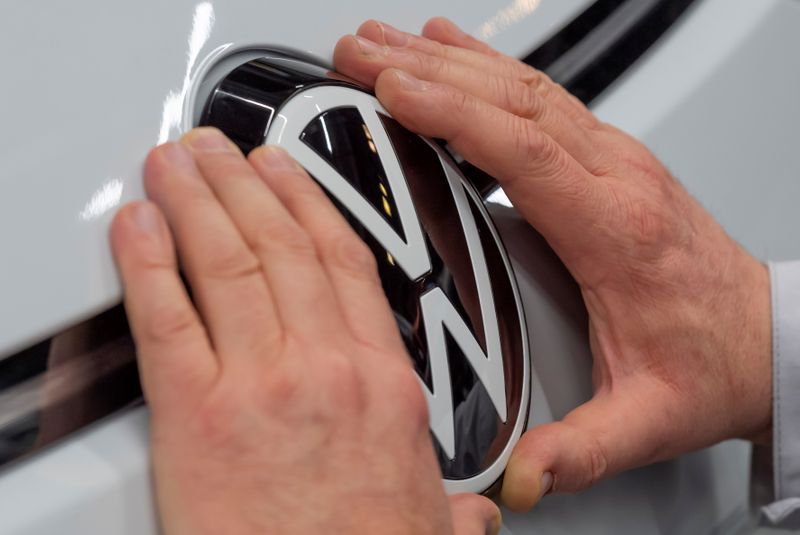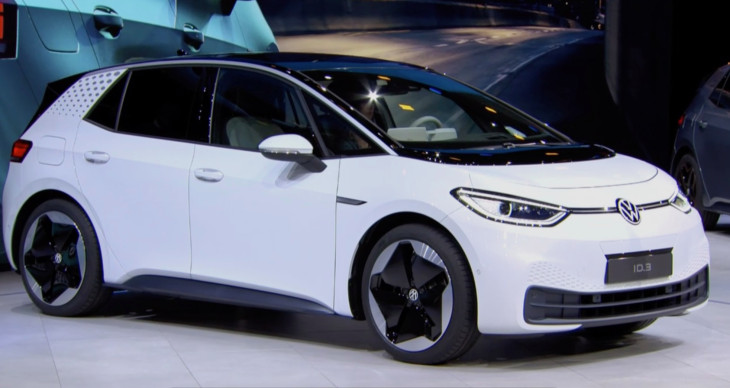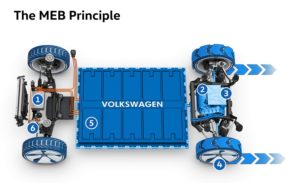
FRANKFURT (Reuters) – German carmakers including Volkswagen <VOW.DE> and Mercedes-Benz <DAI.DE> will restart production at some German factories next week after the country eased restrictions designed to contain the coronavirus outbreak.
Chancellor Angela Merkel on Wednesday said that Germany has achieved a “fragile intermediate success” in its the fight against the coronavirus and that its emergence from lockdown would begin with the partial reopening of shops next week and schools from May 4.
Unlike Italy and Spain, Germany never banned car production, though factories came to a standstill after authorities restricted the movement of people and ordered the closure of car dealerships, hitting demand.
Volkswagen said it will start producing cars for its core brand in Zwickau, Germany, and in Bratislava, Slovakia, on April 20.
Plants in Russia, Spain, Portugal and the United States will ramp up production from April 27 onwards, joined by factories in South Africa, Argentina, Brazil and Mexico in May.
“With the decisions by the federal and state governments in Germany and the loosening of restrictions in other European states, conditions have been established for the gradual resumption of production,” Ralf Brandstaetter, Chief Operating Officer of the Volkswagen brand, said in a statement.
The carmaker has retooled production to ensure that workers keep 1.5 metres apart. Other measures include the staggering of shifts and lunch breaks, plus steps to change worker interaction in VW’s supply chain.
Bernd Osterloh, Chairman of the company’s Works Council, said: “In the light of the pandemic, we need to adapt our routines. One answer is our new agreement on health protection. With about 100 measures, we are keeping the risk of infection at Volkswagen as low as possible.”
In China, where a Volkswagen has already implemented health measures, 32 of the 33 plants have resumed production and no coronavirus infections among employees have been reported.
Mercedes-Benz parent Daimler said that its plants in Hamburg, Berlin and Untertuerkheim will resume production next week. Its Berlin plant makes engine-management systems for vehicles sold in China.
Production will initially start in a one-shift system, Daimler said, with plants in Sindelfingen and Bremen also making preparations to ramp up production.
(Reporting by Edward Taylor and Jan Schwartz; Editing by David Goodman)



